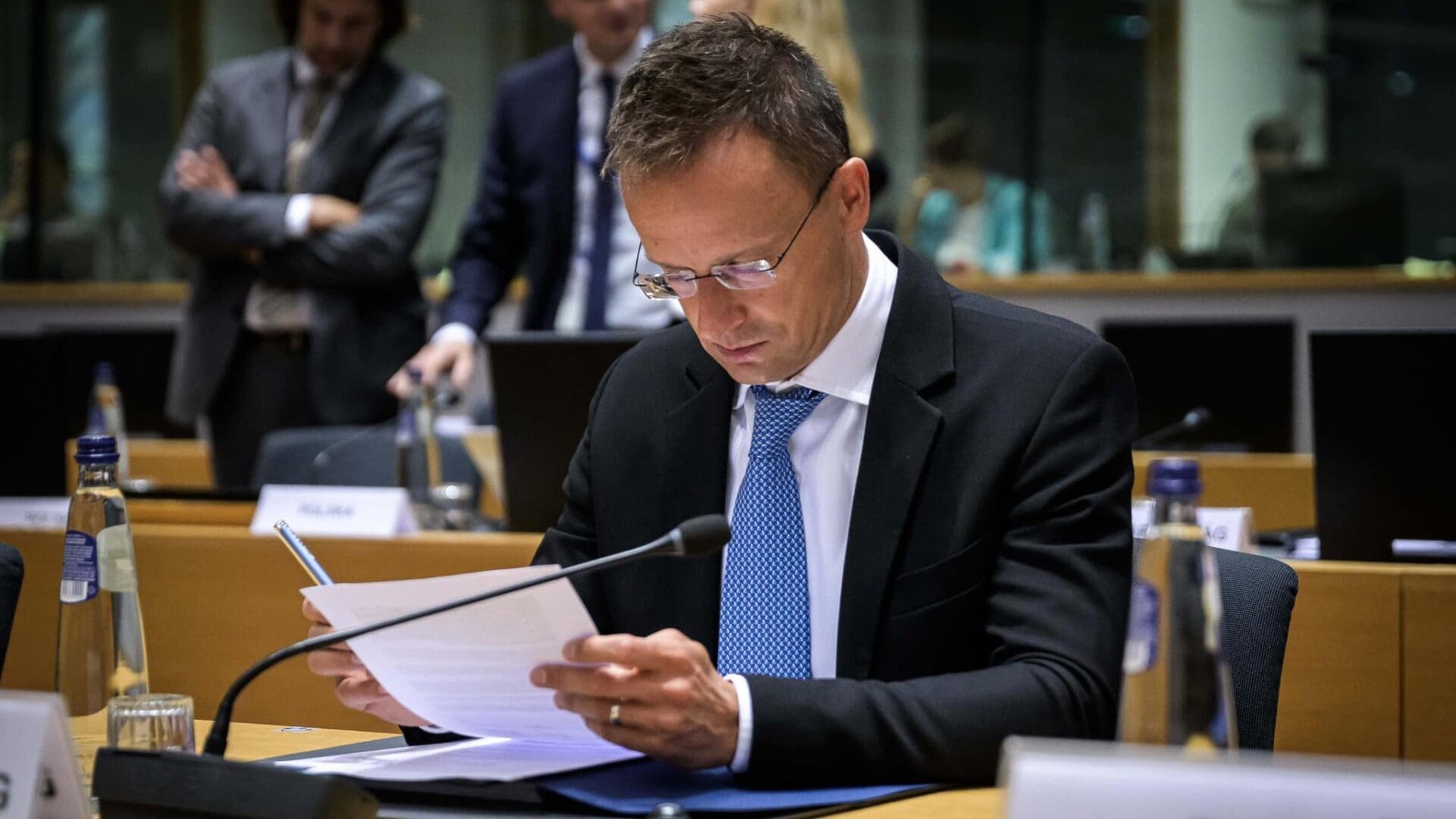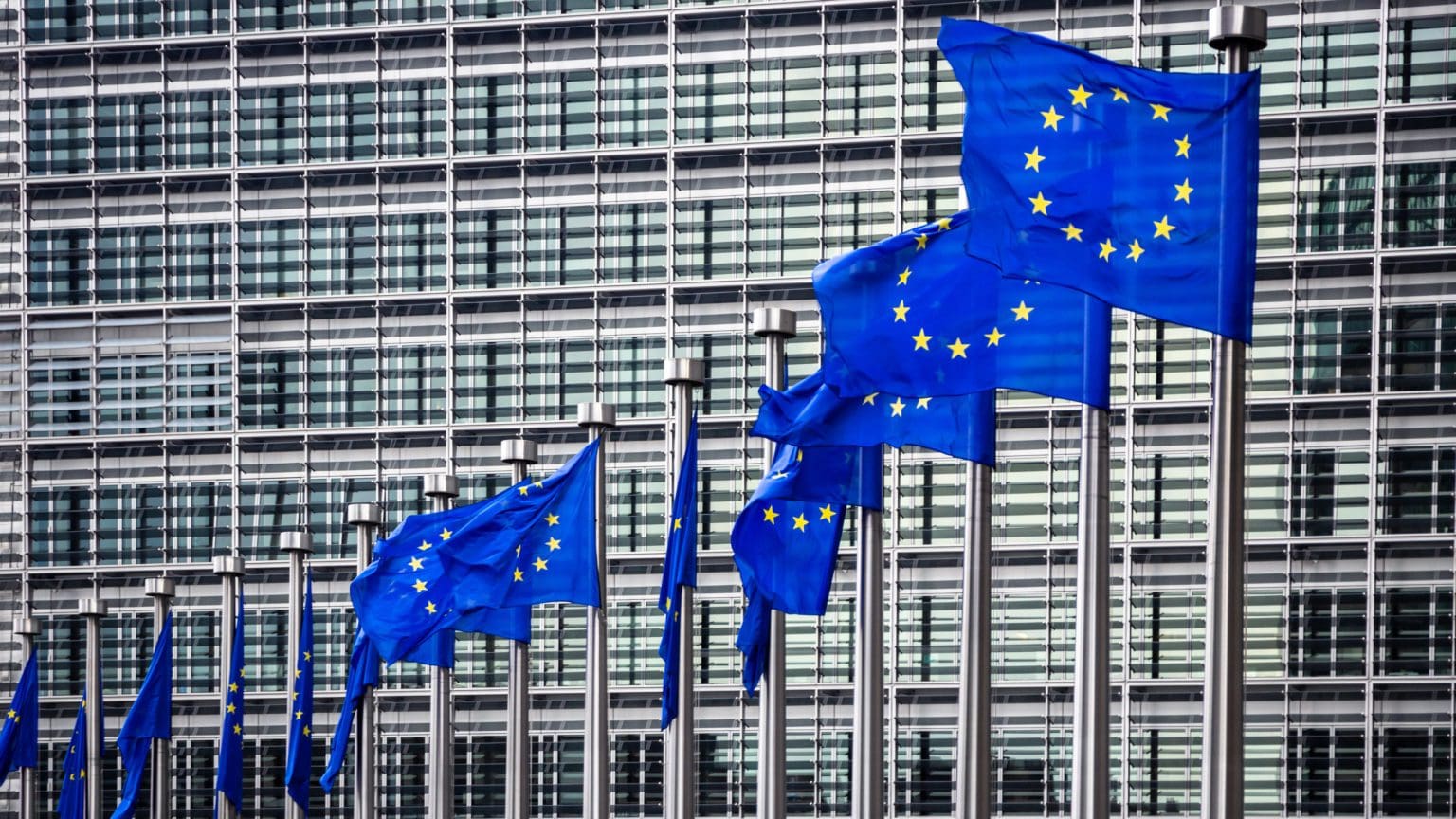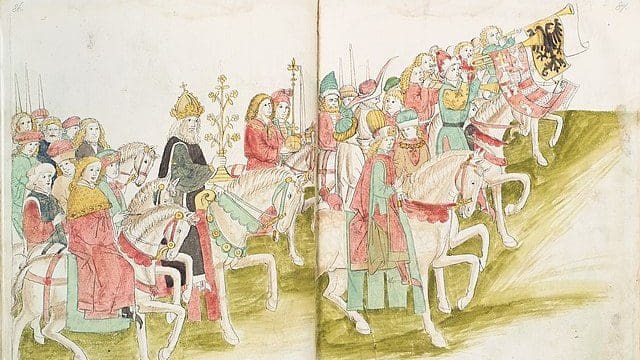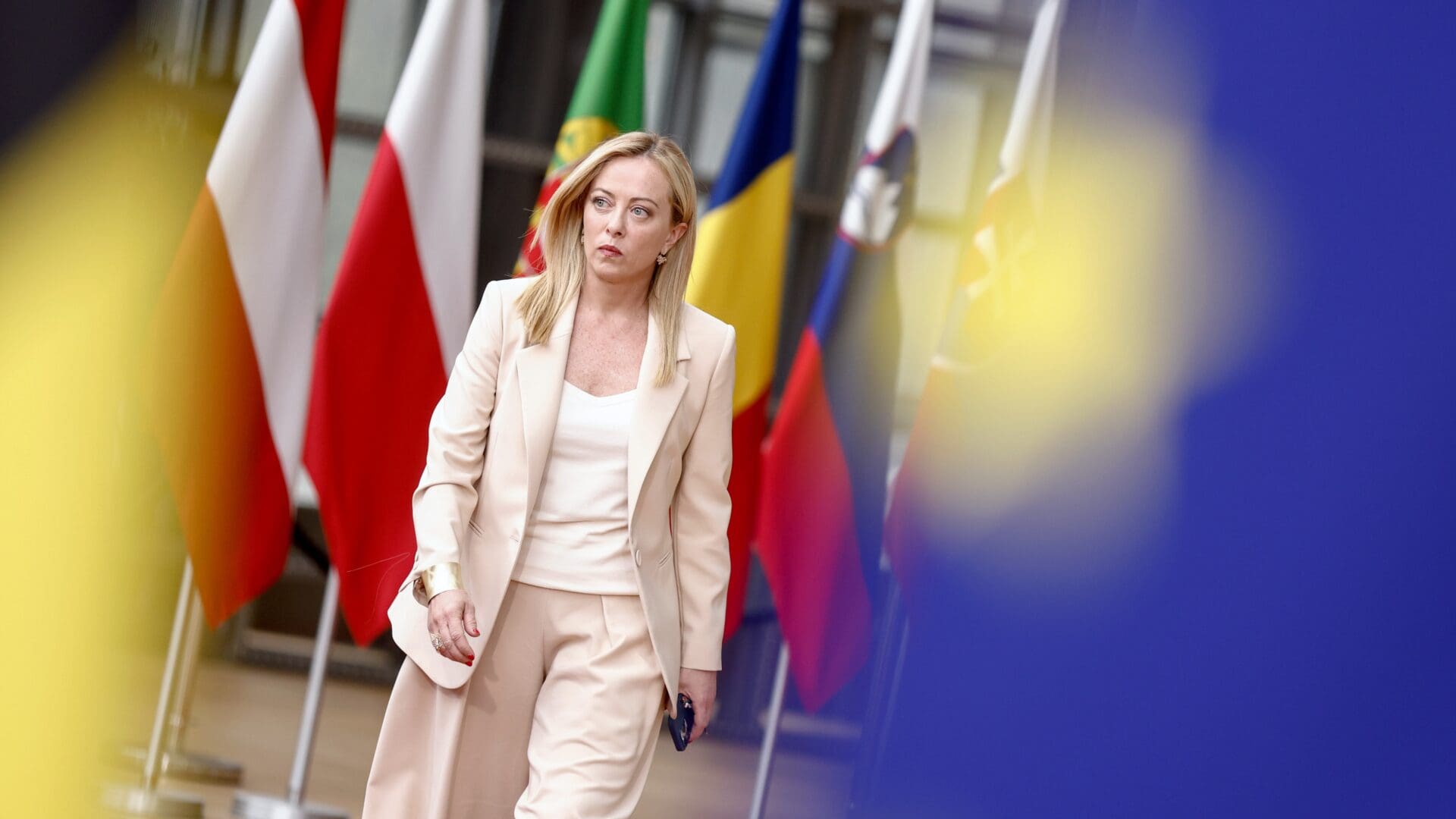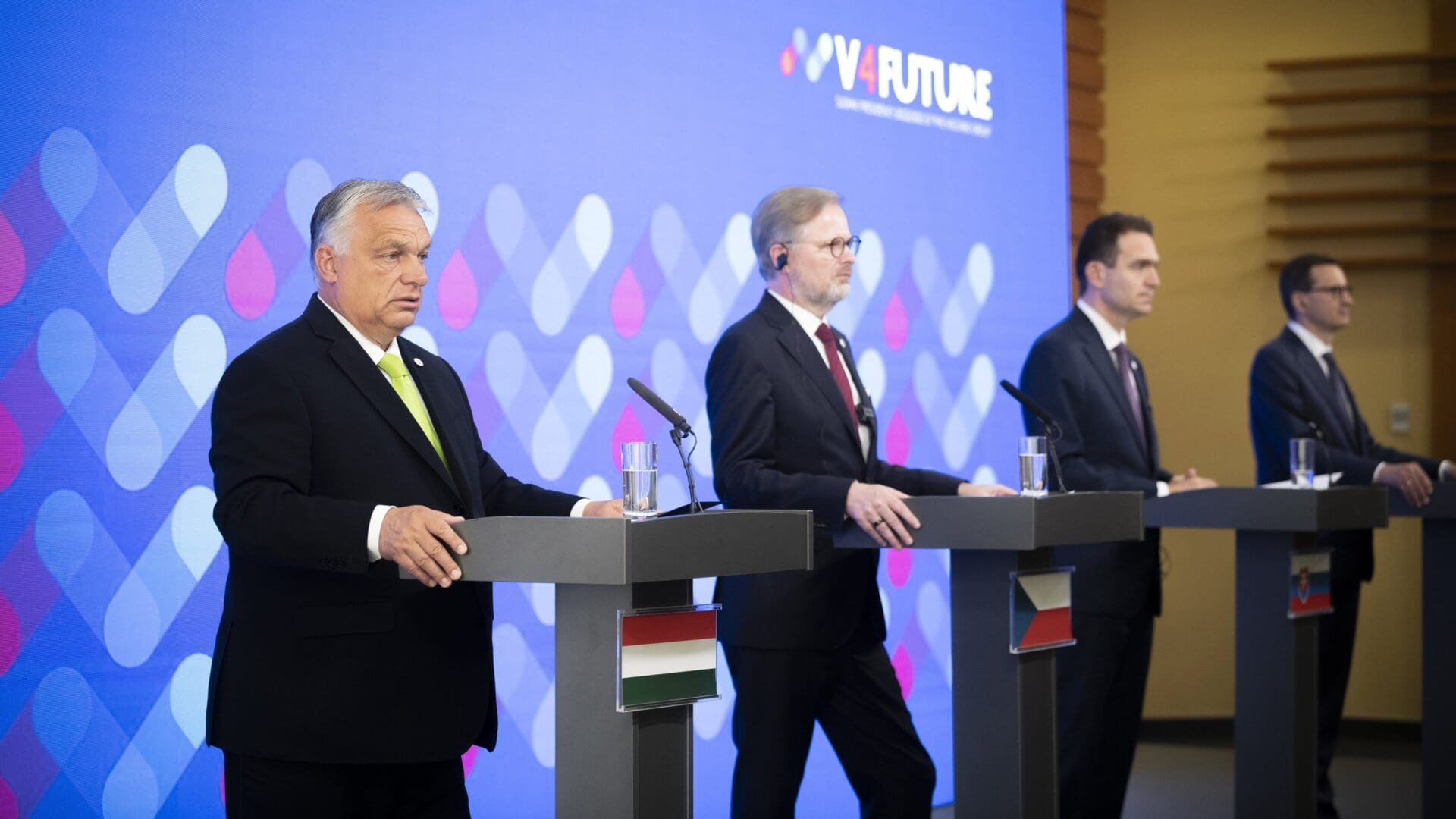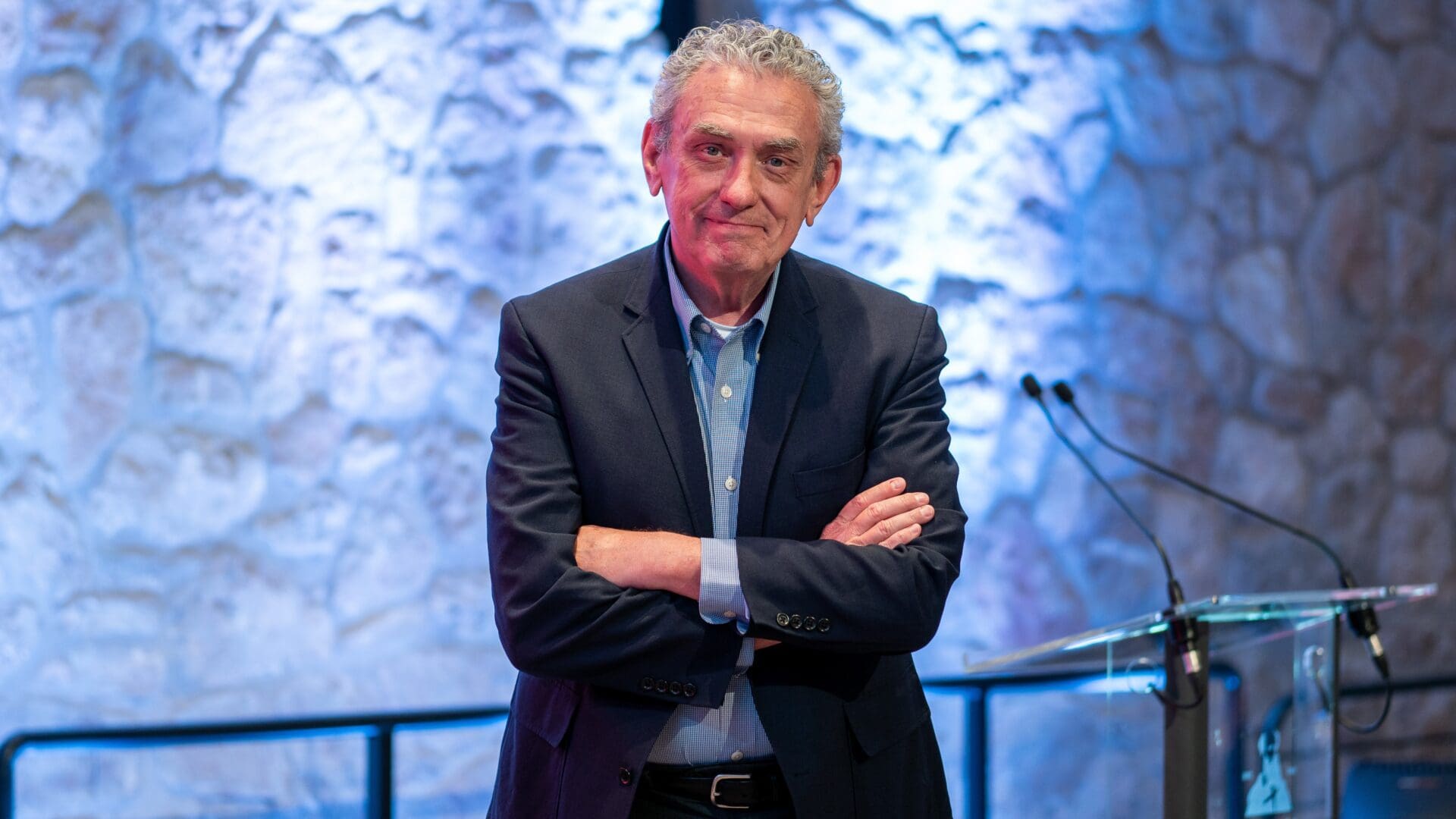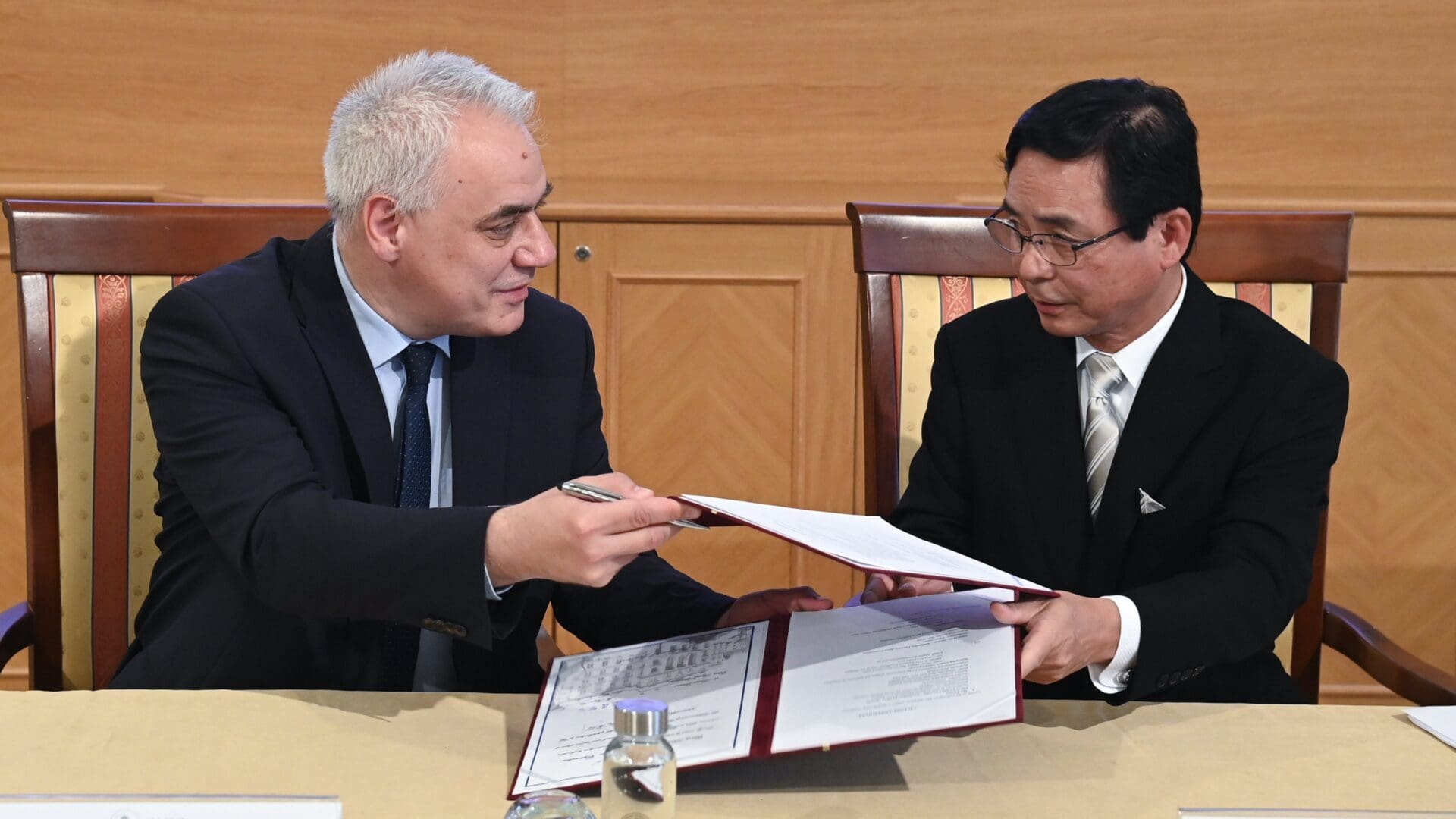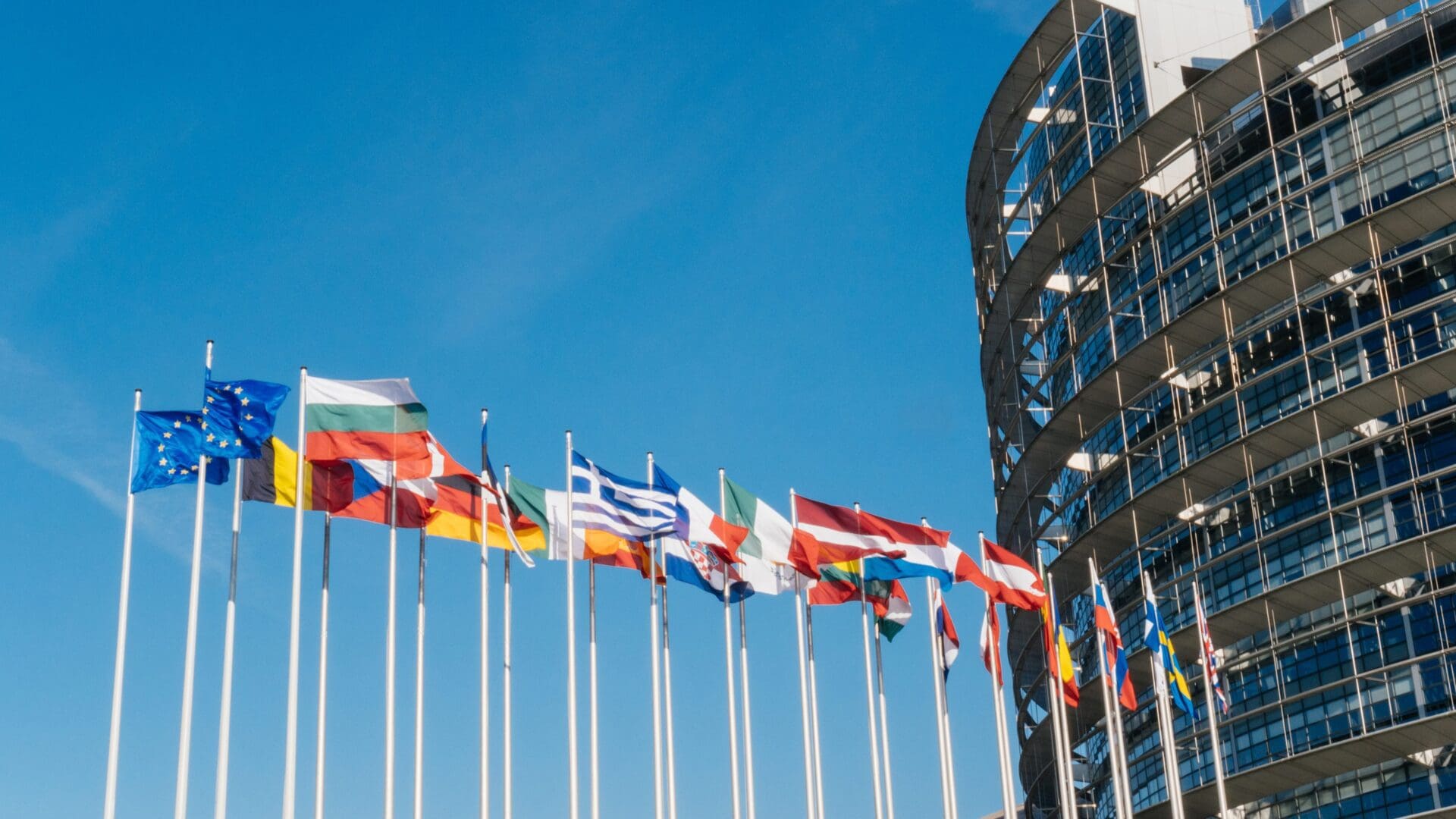
Political Attacks on the Hungarian and Polish EU Presidencies Continue
It seems that the majority of MEPs are aware of the legal and political limitations of the options for action outlined in the Meijers Committee’s analysis, but are committed to continuing to exert political pressure on Hungary and Poland in the coming months.

